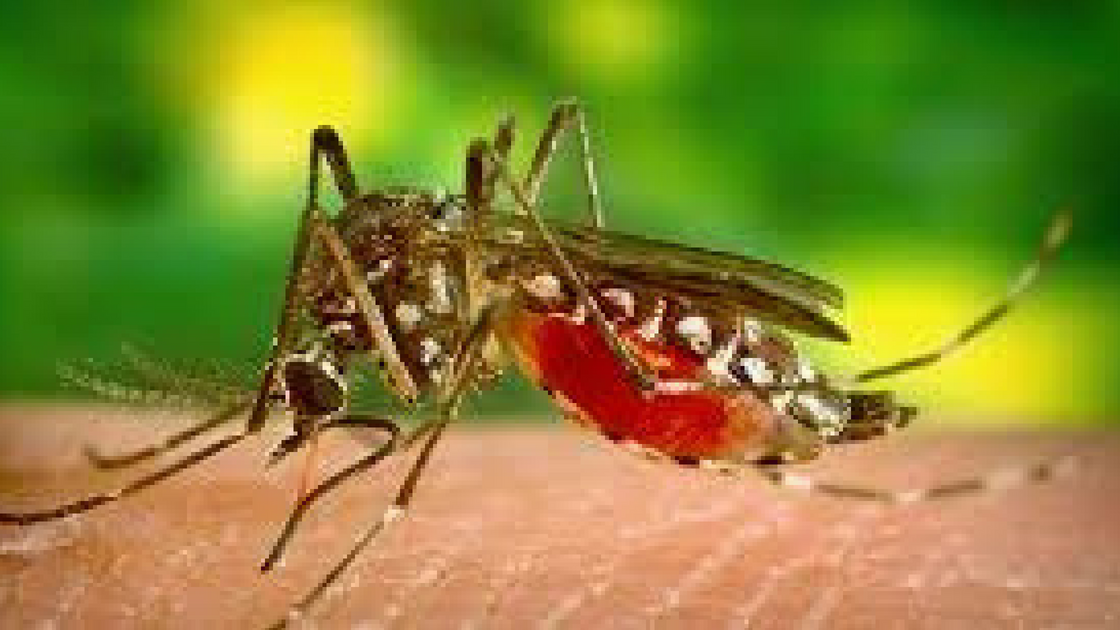The West Nile Virus has been found in dozens of samples across Montgomery County, including in Abington according to the Pennsylvania Department of Health.
The the Pennsylvania Department of Health published the most recent round of West Nile Virus testing, which stated there were 98 positive samples found around the state.
Of those 98, 14 were found in Montgomery County. The following communities had a positive test:
- Abington
- Collegeville
- Lower Salford
- Norristown
- Springfield
- Upper Merion
- Upper Providence
- Whitemarsh (2)
- Whitpain (2)
WorcesterIn 2017, there were 20 human cases of West Nile virus reported in Pennsylvania. So far in 2018, no positive human cases have been reported. Symptoms of West Nile virus are often flu-like and can include a fever, headache, body aches, rash, and swollen lymph nodes, and typically only last a few days.
In 2003, 236 people test positive for West Nile Virus in Pennsylvania , but since then, the highest annual confirmed cases were 60 in 2012. Until early July, there had only been a small handful of positive tests in Montgomery County this year. However, 2018 seems to be catching up, as test results from the last several days have tracked dozens of positive samples around the county.
In 2000 West Nile virus appeared for the first time in Pennsylvania in birds, mosquitoes and a horse. To combat the spread of West Nile virus, which is transmitted by mosquitoes. Pennsylvania has developed a comprehensive network in 40 counties to trap mosquitoes, collect dead birds and monitor horses, people and sentinel chickens. surveillance update from your area.
The risk of being infected with West Nile from a mosquito is very low, officials said, but residents are still urged to take simple precautions, like using repellent and removing standing water from their property.
The Health Department has also issued the following guidelines to help residents:
Limit outdoor activities at dawn and dusk during warmer months since most types of mosquitoes bite most frequently during these times. Some types of mosquitoes bite most frequently during the daytime.
Wear long-sleeved shirts and long pants, and socks. Choose clothing that is light colored and made of tightly woven material. Stay in places with air conditioning and window and door screens to keep mosquitoes outside. Sleep under a mosquito bed net if you are overseas or outside.
If you choose to use insect repellents, use Environmental Protection Agency (EPA)-registered repellents with one of the following active ingredients: DEET, picaridin, IR3535, oil of lemon eucalyptus, or para-menthane-diol. Choosing an EPA-registered repellent ensures the EPA has evaluated the product for effectiveness. When used as directed, EPA-registered repellents are proven safe and effective, even for pregnant and breast-feeding women.
- Always read and follow the product label instructions carefully.
- Reapply insect repellent as directed.
- Do NOT spray repellent on the skin under clothing.
- If you are also using sunscreen, apply sunscreen before applying insect repellent.
To protect your child from mosquito bites:
- Do NOT use insect repellent on babies younger than 2 months old.
- Do NOT use products containing oil of lemon eucalyptus or para-menthane-diol on children younger than 3 years old.
- Do NOT apply insect repellent onto a child’s hands, eyes, mouth, and cut or irritated skin.
- Adults: Spray insect repellent onto your hands and then apply to a child’s face.
ALSO
- Do NOT use permethrin products directly on skin. They are intended to treat clothing.
- To protect your pets:
- Do NOT use any product on pets unless it is specifically made for pets.
Myths & Facts to Repel Insect from Glenside Local
The Health Department also encourages the public to:
- Cover or empty containers such as trash cans, wading pools, wheelbarrows, and pots.
- Turn containers upside down when not in use so they don’t collect water.
- Drill holes in the bottom of recycling containers.
- Get rid of old tires.
- Change the water in bird baths every three to five days.
- Check storm drains, window wells, and underneath leaky faucets for standing water.
- Clean roof gutters every year.
- Aerate and/or stock ornamental ponds with fish.
- Keep swimming pools clean and chlorinated. Make sure that water does not gather on swimming pool covers.
- Treat a pool of standing water that cannot be drained with Bti products. Bti is a naturally-occurring bacterial product that kills mosquito larvae and is safe for people, pets, aquatic life, and plants. You can find these products at local lawn and garden supply stores.
- Make sure that window and door screens fit tightly to keep mosquitoes out of your home.
- Run electric fans nearby when spending time outdoors. Mosquitoes have trouble flying in strong winds.
- Replace outdoor lights with yellow “bug” lights, which tend to attract fewer mosquitoes than ordinary lights.

